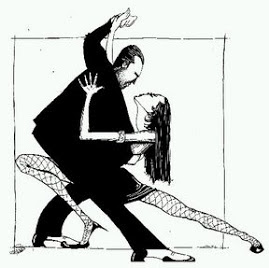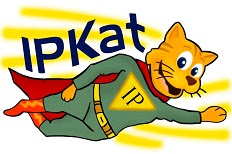
Last month the Federal General Attorney filed at the Federal Supreme Court a legal action claiming the unconstitutionality (“Ação Direta de Inconstitucionalidade”) of articles 230 and 231 of the Brazilian Intellectual Property Act (only IP Act). Until 1996 chemical substances, compositions and products, in particular for the chemical, pharmaceutical and food industry, were not eligible for patent protection in Brazil. Only with the TRIPS Agreement and the enactment of the IP Act in 1996 did Brazil open the door to the patentability of such substances and compositions.
Under articles 230 and 231 of the IP Act (known as pipeline patent system), there was granted to the patent applicant the possibility of patenting those substances and compositions that were not new and non-patentable until 1996.
In a certain way, this established a lawful way to circumvent the lack of novelty of such inventions. Thus, even though such substances, compositions were not new (as the corresponding products were already in the international market), they could obtain patent protection, provided that certain requirements were fully met.
To obtain such protection, the applicant had to bring evidence before the Brazilian Patent and Trademark Office that (i) the patent subject matter had not been marketed in Brazil, whether by the holder of by any third party with his consent, (ii) no serious efforts were made by third parties to exploit such substance or composition in Brazil until 1996, (iii) that the patent was granted in the territory where the first application was filed and (iv) the patent application had to be filed by within 1 year, counting from the publication of the Intellectual Property Act in 1996.
Once such requirements were satisfied and the revalidation was granted, the patent owner enjoyed a protection term of twenty years, counting from the first patent application filed abroad. In other words, the patent term in Brazil will be the remaining life of the patent term of the first patent abroad.
It is recognized that one of the main beneficiaries of the pipeline system was the pharmaceutical industry, which heavily used this mechanism in an effort to promote its IP rights in Brazil as well as the population since it could use drugs of last generation. It is estimated that almost 1200 patent applications were filed in Brazil and almost half of them were granted under the pipeline system.
According to the Federal General Attorney, the patents granted to inventions with lack of novelty under the pipeline system go against the constitutional principle of the public interest and technological development of the country, as provided by article 5, XXIX of the Brazilian Constitution.
The result of this legal action will lead to a significant impact in the pharmaceutical industry and others related, since there is a serious risk of such pipeline patents falling into the public domain and more specifically in the hands of the local generics industry.
Written by Jorge Miguel Arruda da Veiga, Di Blasi, Parrente, Vaz e Dias & Asociados
 Can a parody involving TV shows and actors of a broadcasting company be considered a form of unfair competition? According to GLOBO, the biggest broadcasting company in Brazil, the answer is yes, especially when it is promoted by a rival broadcasting company, named RECORD.
Can a parody involving TV shows and actors of a broadcasting company be considered a form of unfair competition? According to GLOBO, the biggest broadcasting company in Brazil, the answer is yes, especially when it is promoted by a rival broadcasting company, named RECORD.




















